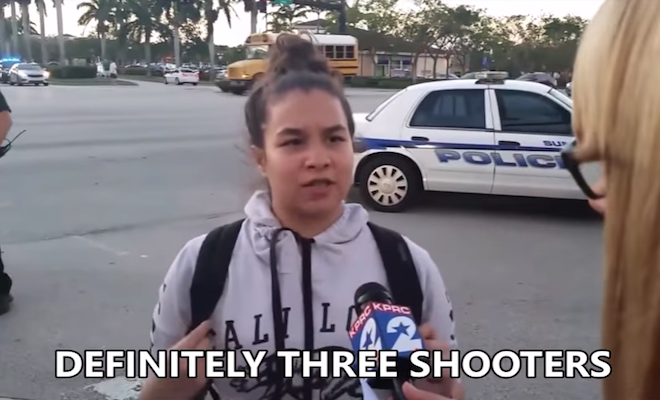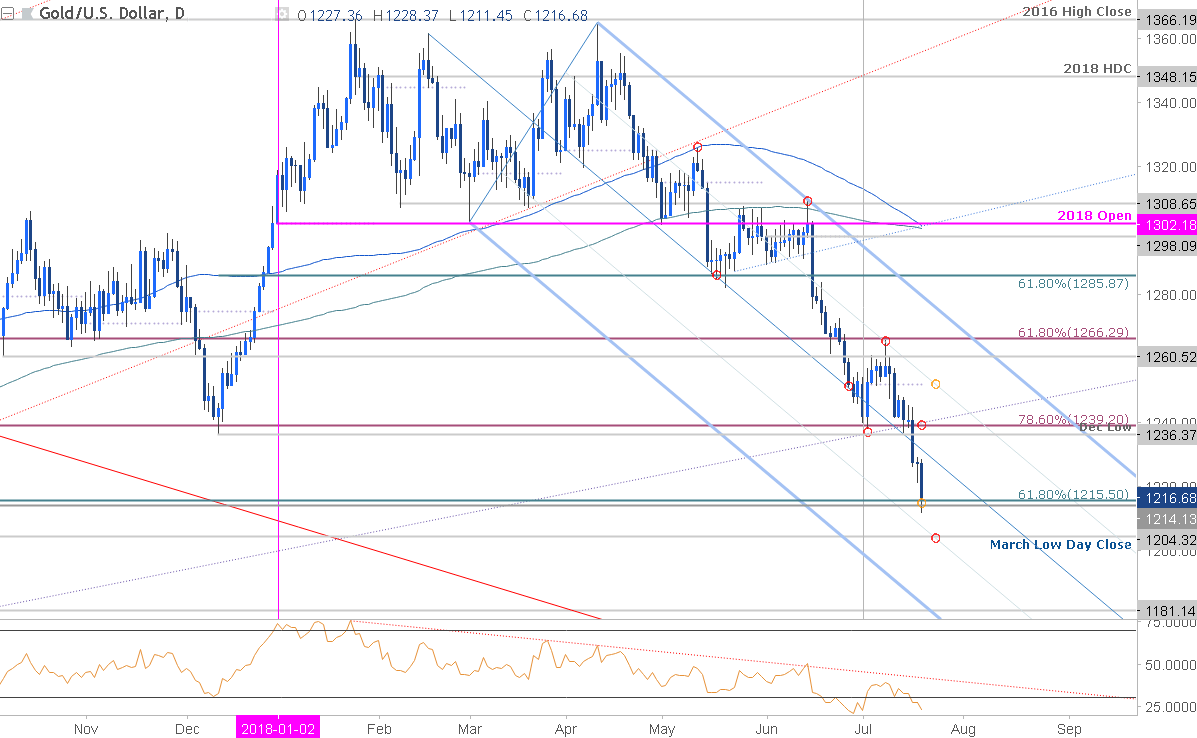Assessing The Effectiveness Of Lockdown Drills In Florida Schools Post-Shooting

Table of Contents
The Current State of Lockdown Drill Implementation in Florida Schools
Florida mandates regular active shooter drills in all schools, aiming to prepare students and staff for potential threats. However, the implementation and effectiveness of these Florida school safety measures vary significantly across districts. While the frequency of drills is generally consistent—often monthly or quarterly—the specifics of school lockdown procedures differ. This inconsistency creates a complex landscape for assessing the overall efficacy of these drills.
- Variation in drill procedures: Some schools conduct silent drills, while others incorporate verbal communication and specific evacuation procedures. This lack of standardization makes consistent evaluation challenging.
- Teacher training and preparedness levels: The level of training provided to teachers varies widely across districts, impacting their ability to effectively lead students during a drill. Consistent, high-quality training is crucial for effective active shooter drills.
- Student understanding and response to drills: Young children may struggle to understand the gravity of the situation, while older students might experience heightened anxiety. Understanding student comprehension and emotional responses is essential for effective drill design.
- Resource allocation for drill implementation and training: Adequate funding for training materials, staff development, and potentially specialized equipment influences the quality of lockdown drills in Florida schools. Schools with limited resources may struggle to provide effective drills.
Evaluating the Effectiveness of Lockdown Drills: Strengths and Weaknesses
While lockdown drills in Florida schools aim to enhance safety, evaluating their effectiveness requires considering both strengths and weaknesses.
Strengths:
- Increased awareness of potential threats: Regular drills can raise awareness of potential dangers and the importance of preparedness among students and staff.
- Development of standardized response procedures: Consistent drills help establish standard protocols for reacting to emergencies, potentially saving valuable time during a real event.
- Improved communication protocols: Drills provide opportunities to practice communication strategies between staff, students, and emergency responders, crucial for effective response during a crisis.
- Enhanced sense of security (for some): For some, the familiarity with procedures gained through drills may provide a sense of security and preparedness.
Weaknesses:
- Potential for psychological trauma in students: Frequent drills can lead to anxiety, fear, and even PTSD in some students, particularly those with pre-existing conditions. The psychological impact of drills must be carefully considered.
- Lack of real-world applicability in diverse scenarios: Standardized drills may not adequately prepare for the unpredictable nature of real active shooter events, which can vary significantly.
- Over-reliance on drills potentially hindering other safety strategies: A focus solely on drills may distract from other important aspects of school safety, such as security infrastructure improvements or mental health programs.
- Ineffective drills due to poor planning or execution: Poorly planned or executed drills can be counterproductive, potentially causing confusion and hindering effective response in a real emergency. This highlights the importance of regular review and refinement of active shooter preparedness strategies.
Improving Lockdown Drill Effectiveness in Florida Schools
Improving the effectiveness of lockdown drills in Florida schools requires a multi-faceted approach:
- Increased teacher training and professional development: Providing teachers with advanced training on various emergency scenarios, including active shooter situations, is crucial for effective leadership during drills and real events.
- More realistic and scenario-based drills: Moving beyond standardized drills to incorporate diverse scenarios, including unexpected variables, can enhance preparedness for real-life situations.
- Integration of mental health support for students and staff: Providing access to mental health services for students and staff who may experience anxiety or trauma due to drills is essential for overall well-being.
- Collaboration with law enforcement for improved drill design: Involving law enforcement in the design and execution of drills can ensure they are aligned with current best practices and real-world strategies.
- Regular review and evaluation of drill protocols: Regularly reviewing and updating drill protocols, based on feedback and evaluation, ensures the drills remain effective and relevant.
Beyond drills, a comprehensive approach to school safety involves:
- Improved security infrastructure: Investing in enhanced security measures, such as improved access control and surveillance systems, complements the role of drills.
- Mental health programs for early intervention: Addressing mental health issues proactively can potentially prevent future violence.
- Enhanced communication systems: Implementing advanced communication systems allows for rapid and effective communication during emergencies.
- Community involvement in safety planning: Engaging the community in safety planning can foster collaboration and support for school security initiatives.
Conclusion
The effectiveness of lockdown drills in Florida schools is a complex issue. While drills offer benefits like increased awareness and standardized procedures, they also present limitations, including potential psychological trauma and a lack of real-world applicability. A truly effective school safety strategy must extend beyond drills, incorporating enhanced security measures, improved communication systems, robust mental health support, and active community involvement. Continued evaluation and improvement of lockdown drills are crucial, but they must be part of a holistic strategy that prioritizes the safety and well-being of all students and staff. We urge readers to actively engage in discussions and advocate for improvements in their local school districts regarding lockdown drills in Florida schools and broader Florida school safety initiatives. Let's work together to create truly secure and supportive learning environments for all.

Featured Posts
-
 In Depth La Lakers Coverage News Stats And More Vavel Us
May 17, 2025
In Depth La Lakers Coverage News Stats And More Vavel Us
May 17, 2025 -
 Xauusd Gold Finds Support As Weaker Us Data Hints At Rate Cuts
May 17, 2025
Xauusd Gold Finds Support As Weaker Us Data Hints At Rate Cuts
May 17, 2025 -
 How To Watch The Ny Knicks Vs Brooklyn Nets Game On April 13th 2025
May 17, 2025
How To Watch The Ny Knicks Vs Brooklyn Nets Game On April 13th 2025
May 17, 2025 -
 Survey Fewer Parents Stressed About College Tuition Yet Student Loans Still Play A Role
May 17, 2025
Survey Fewer Parents Stressed About College Tuition Yet Student Loans Still Play A Role
May 17, 2025 -
 El Colapso De Koriun Inversiones Analisis Del Esquema Ponzi
May 17, 2025
El Colapso De Koriun Inversiones Analisis Del Esquema Ponzi
May 17, 2025
